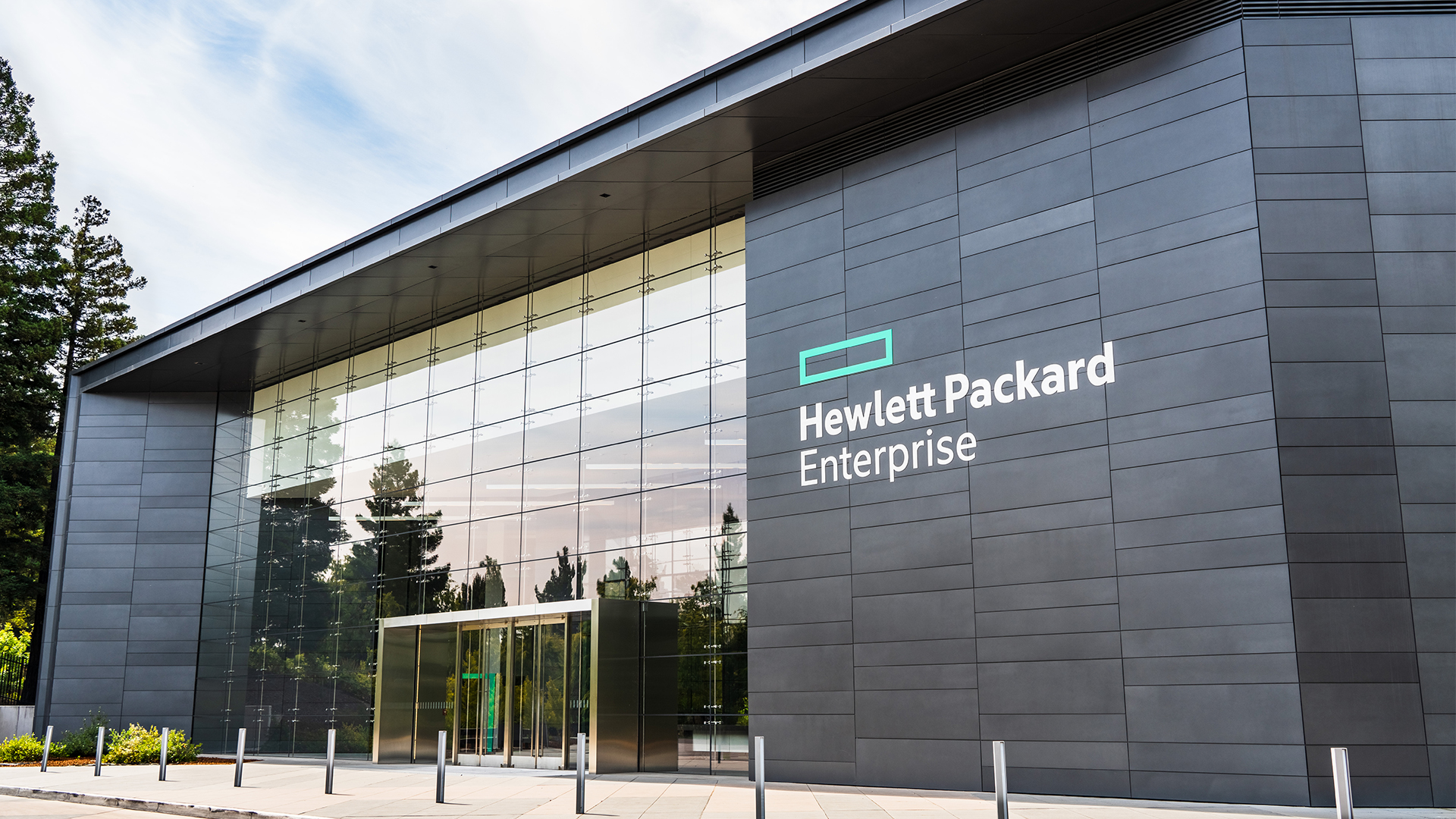UK enterprises regret going all-in on public cloud
Data sovereignty, rising costs, and governance issues mean many IT decision-makers regret having made the move


As geopolitical tensions mount, UK IT decision makers are getting increasingly wary about using US cloud providers.
Research from Asanti found 95% of IT leaders are concerned about data sovereignty while a similar number have voiced worries about data residency. The result is that more than half (52%) are now taking strategic steps to reduce their exposure to US providers.
45% of those currently using US public cloud platforms said they plan to actively limit their data’s exposure to US jurisdiction in light of recent political developments.
“Organizations are becoming more aware and more wary of where their data is stored and who has jurisdiction over it,” said Stewart Laing, CEO of Asanti. “It’s no longer just about performance or cost. It’s about trust, control, and strategic sovereignty.”
There were other issues, however. More than three-quarters of those using US public cloud said that the operating costs were higher than they'd expected, and virtually all said they'd faced challenges during the migration.
On top of the costs, those bringing applications back on-premise or into colocation facilities cited limited control and customization, low data transfer for real-time applications, and security, compliance, and risk management concerns.
Two-thirds said they wished they'd taken a hybrid approach rather than going all-in on public options.
Sign up today and you will receive a free copy of our Future Focus 2025 report - the leading guidance on AI, cybersecurity and other IT challenges as per 700+ senior executives
"Adapting organizational processes and culture to the cloud-based way of working was a significant challenge in migrating to public cloud," said one respondent:
"One of the biggest challenges was making sure that sensitive financial data was safe, and adhered to regulatory requirements,” another added.
The rise in companies building their own AI applications is also prompting many to reconsider their use of public cloud.
With the huge amounts of data storage and processing required, subscription models can be expensive, data transfer speeds can be too low for real-time applications, and compliance can be complicated and risky on globally distributed cloud servers.
Repatriation is easier said than done
Repatriation is by no means a simple task, however, and those embarking on this process have encountered significant challenges.
Of those actively pursuing cloud repatriation, 38% cited the complexity of moving applications back to internal systems, while 36% complained about inflexible contracts or cloud vendor lock-in.
Nearly half (41%) said they were worried about a lack of internal skills for repatriation.
Overall, while most people weren't unhappy with the cloud, they wished they had kept more applications in their own IT architecture - and that they'd planned better before taking the plunge.
Half said they should have used external consultants, and 45% that they should have made sure they better understood the public cloud providers' terms and conditions.
Four-in-ten believe they should have carried out more internal due diligence.
“Cloud is powerful – but not perfect. The lesson here is that infrastructure strategy needs to be driven by business needs, not vendor hype,” said Laing.
“We strongly advise UK organizations to revisit their current and future hosting strategies with a more critical eye, especially as AI workloads, regulatory scrutiny, and cyber threats escalate.”
Make sure to follow ITPro on Google News to keep tabs on all our latest news, analysis, and reviews.
MORE FROM ITPRO
- "Missed expectations" are driving the cloud repatriation trend – but it’s not as bad as you might think
- Enterprises are keen on cloud repatriation – but not for all workloads
- Cloud repatriation may be nipping at hyperscaler market share, but it’s a boon for VMware
Emma Woollacott is a freelance journalist writing for publications including the BBC, Private Eye, Forbes, Raconteur and specialist technology titles.
-
 What is Microsoft Maia?
What is Microsoft Maia?Explainer Microsoft's in-house chip is planned to a core aspect of Microsoft Copilot and future Azure AI offerings
-
 If Satya Nadella wants us to take AI seriously, let’s forget about mass adoption and start with a return on investment for those already using it
If Satya Nadella wants us to take AI seriously, let’s forget about mass adoption and start with a return on investment for those already using itOpinion If Satya Nadella wants us to take AI seriously, let's start with ROI for businesses
-
 What Palo Alto Networks' $10bn deal with Google Cloud means for customers
What Palo Alto Networks' $10bn deal with Google Cloud means for customersNews The extension of an existing partnership between Palo Alto Networks and Google Cloud is designed to boost security amid rise in AI
-
 Veeam and HPE eye simplified data resilience with expanded alliance
Veeam and HPE eye simplified data resilience with expanded allianceNews The pair’s latest collaboration sees the introduction of next-gen data protection services to help eliminate risk across modern enterprise applications
-
 CEOs admit majority of cloud environments were ‘built by accident rather than design’ – and it’s coming back to haunt them
CEOs admit majority of cloud environments were ‘built by accident rather than design’ – and it’s coming back to haunt themNews Many enterprises rushed into the cloud without a clear end goal in mind, according to Kyndryl
-
 Mainframes are back in vogue
Mainframes are back in vogueNews Mainframes are back in vogue, according to research from Kyndryl, with enterprises ramping up hybrid IT strategies and generative AI adoption.
-
 Google Cloud introduces ‘no-cost’ data transfers for UK, EU businesses
Google Cloud introduces ‘no-cost’ data transfers for UK, EU businessesNews Google Cloud's new Data Transfer Essentials service will allow enterprises to transfer data to alternative providers at no extra cost.
-
 Hybrid cloud has hit the mainstream – but firms are still confused about costs
Hybrid cloud has hit the mainstream – but firms are still confused about costsNews How do you know if it's a good investment if you don't have full spending visibility?
-
 Enterprises are keen on cloud repatriation – but not for all workloads
Enterprises are keen on cloud repatriation – but not for all workloadsNews A survey shows 97% of mid-market companies plan to repatriate some, but not all, workloads and apps
-
 Growing AI workloads are causing hybrid cloud headaches
Growing AI workloads are causing hybrid cloud headachesNews Tech leaders say they're increasingly worried about the use of AI in public cloud environments
